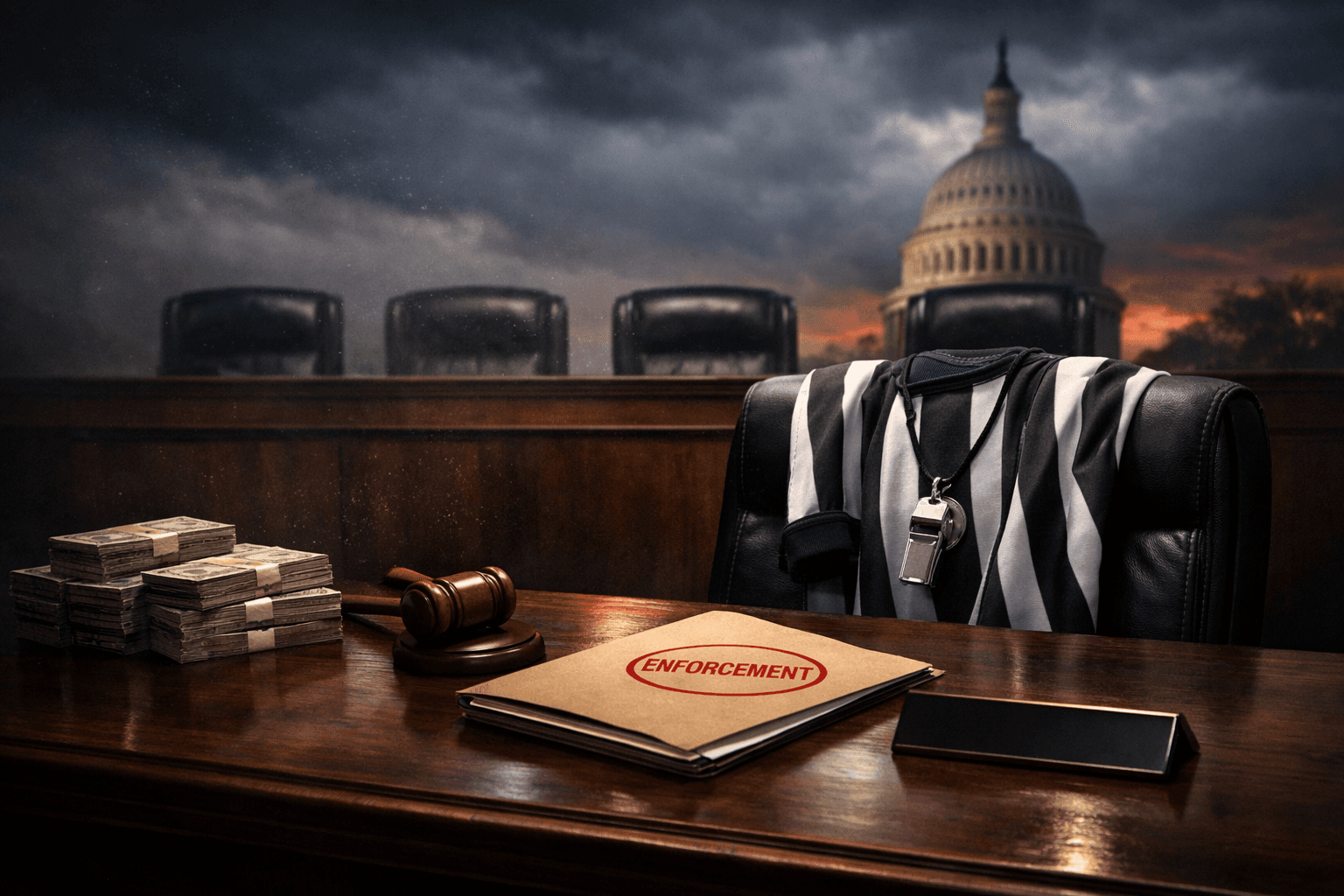NJ Judge Rules Only Republicans and Democrats are 'Qualified' to Vote
A New Jersey Federal District Court judge dismissed a lawsuit that challenged the constitutionality of New Jersey’s closed primary system.
Currently, 2.6 million registered voters in New Jersey are prohibited from participating in the primary election unless they join either the Republican or Democratic party.
The plaintiffs, which included registered Republicans and Democrats as well as unaffiliated voters, argued that this current primary system, funded by taxpayers, gives the Republican and Democratic parties unfair access to the democratic franchise and that the state of New Jersey must provide every voter an equally meaningful opportunity to vote at each integral stage of the election process.
The New Jersey court's opinion, which cites the secretary of state’s defense of the current exclusionary primary system, concluded:
Indeed, [Plaintiffs’] entire lawsuit – at least the federal portion of it – proceeds from the premise that all registered voters have a fundamental right to vote in the primary election conducted by political parties they are not members of.” – citing to Defendant’s Reply."
That conclusion, however, was not the basis of the plaintiffs’ claim, as explicitly stated in their surreply filed with the court:
Plaintiffs have not asked the Court to issue a decision that would require private political parties to allow non-party members to access their partisan primary elections. A ruling in Plaintiff’s favor would create no new obligations for political parties. Rather, the New Jersey legislature would simply have to honor its pre-existing Constitutional obligation to protect the rights of individual voters by reforming the State’s primary election system in a manner that ensures all voters an opportunity to cast a meaningful vote; which has been accomplished in other jurisdictions.”
Attorneys for the coalition of individual and organizational plaintiffs told IVN that they are “preparing an appeal of the decision which will be sought on an accelerated basis.”
"The other plaintiffs and I never thought it would be easy to get beyond the hold the major parties have on our election system," plaintiff Rebecca Feldman said. "This is only the first round. We are considering an appeal."“This is a very significant case. New Jersey laws now require 47 percent of voters in New Jersey not affiliated with a political party to, against their will, join one of the two major parties to vote in the primary. The court promptly issued the decision as a matter of law. Both parties knew when this case was filed that because of its magnitude and effect on the primary system, and because the plaintiffs were asking a legal question the Supreme Court has not yet opined on, that the real fight would be taken forward through the appellate level and, potentially, the Supreme Court. By dismissing the lawsuit, with prejudice, the court has confirmed that the case contains no factual, but only legal issues, creating a stage for the next level of review,” said Michael Thorsnes, an adviser to the Independent Voter Project.
“Nobody should expect that a civil rights case that goes to the core of the institutionalized control over our election process is going to be easy,” Samuel Gregory, local attorney for the plaintiffs, added. “We are confident that given New Jersey’s prohibition against 47 percent of registered voters being able to cast a meaningful vote at an integral stage of the election process, that these significant constitutional issues will be decided in our favor in the future and prove to be an important step in preserving our democratic electoral system.”
Read all motions and court filings in the New Jersey lawsuit on the Independent Voter Project's website.






